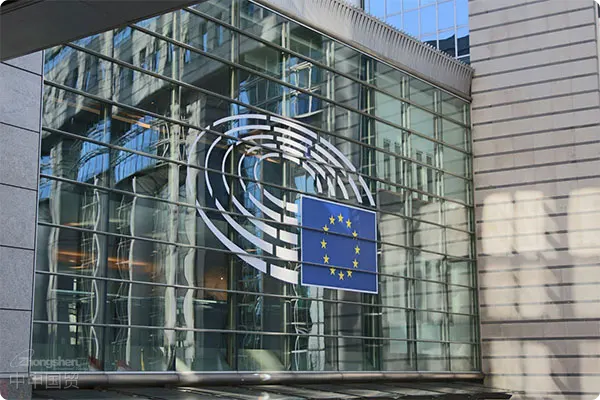- Shanghai Zhongshen International Trade Co., Ltd. - Two decades of trade agency expertise.
- Service Hotline: 139 1787 2118
The European Parliament and European Council recently reached a provisional agreement to strengthen the Energy Performance of Buildings Directive (EPBD), marking a new EU commitment to improving building energy efficiency and sustainability. Under this agreement, new buildings will be required to prepare for the installation ofsolarfacilities to promote green energy use and reduce carbon emissions.

Under the revised EPBD, EU member states must reduce the average primary energy use of residential buildings by 16% by 2030 and further to 20-22% by 2035. Member states may choose which building types to target and specific measures to implement.
For the worst-performing buildings undergoing renovation, the EU mandates at least a 55% reduction in average primary energy use, though exemptions may apply to historical buildings or vacation homes. For non-residential buildings, the revised EPBD requires renovation of 16% of the worst-performing buildings by 2030 and 26% by 2033.
Additionally, financing measures will be designed to incentivize and support renovation efforts, particularly for vulnerable groups and the worst-performing buildings. This aims to ensure financial feasibility and widespread adoption of renovations.
EU Energy Commissioner Kadri Simson emphasized the importance of building renovations, noting they not only improve quality of life but also boost economic development by allowing people to invest savings elsewhere. This is seen as an investment in a better future.
To implement these measures effectively, EU member states will develop national building renovation plans outlining decarbonization strategies and addressing barriers such as financing, training, and attracting skilled workers. Countries will also establish national building renovation passport schemes to guide owners through phased renovations toward zero-emission buildings.
The EPBD also mandates that new buildings must be solar-readyphotovoltaicor equipped for solar thermal systems. Starting in 2027, existing public and non-residential buildings will be required to install solar facilities.
Furthermore, the European Commission proposed reforms to the EU electricity market design, which were voted on in March. Rooftop solar installations were part of the discussions, aiming to better integrate solar projects with construction processes.
Jan Osenberg, Policy Advisor at SolarPower Europe, highlighted that combining rooftop construction with solar installations reduces costs and makes more efficient use of limited labor resources. This approach not only lowers building costs but also accelerates the implementation of sustainable energy solutions.
Alongside revising the EPBD, the European Commission launched an action plan to accelerate grid expansion and improve efficiency. These measures demonstrate the EUs commitment to achieving carbon neutrality through various means, including improving building efficiency, promoting solar energy, and optimizing grid management.
This provisional agreement reflects the EUs commitment to environmental sustainability and energy efficiency while creating new opportunities for the construction and renewable energy sectors. Through these measures, the EU will better address climate change challenges and create a greener, more efficient future for member states.
Related Recommendations
Core Business
Contact Us
Email: service@sh-zhongshen.com
Related Recommendations
Contact via WeChat

© 2025. All Rights Reserved.沪ICP备2023007705号-2 PSB Record: Shanghai No.31011502009912
PSB Record: Shanghai No.31011502009912








